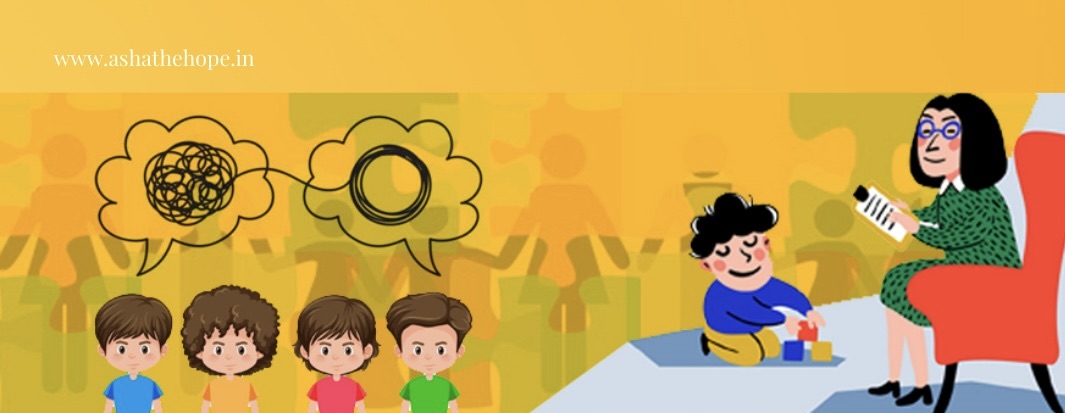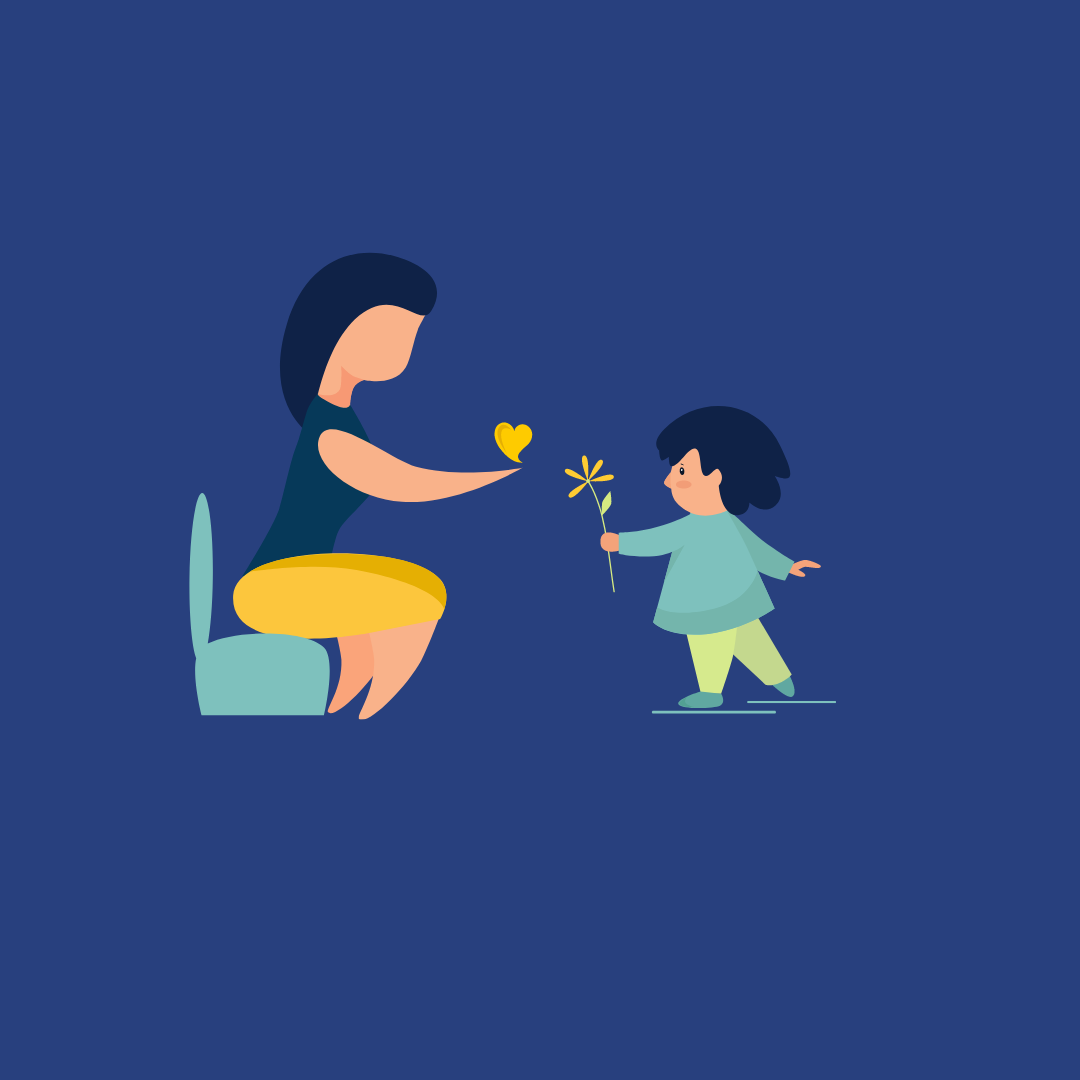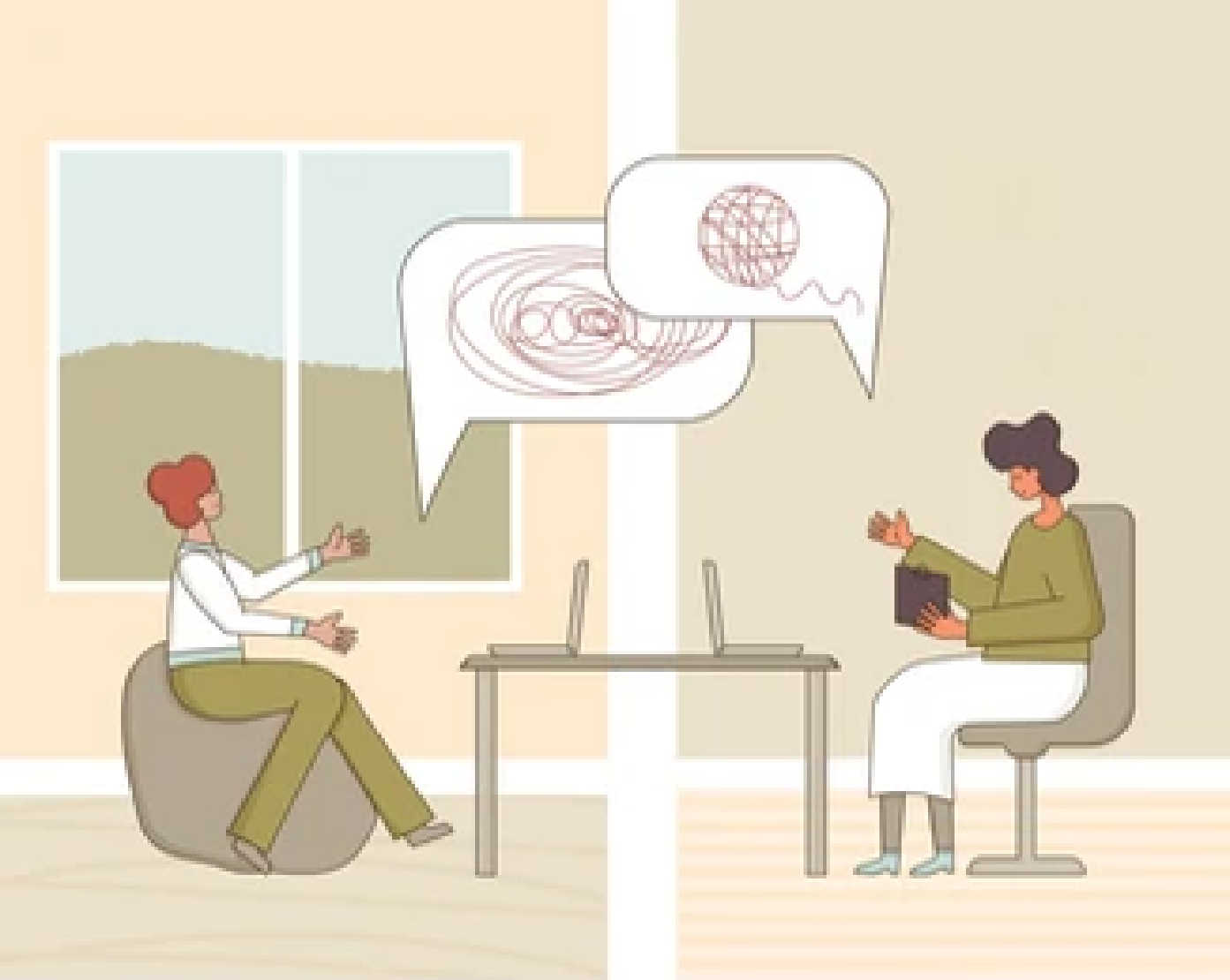
Child Psychology and its importance
Child psychology is concerned not only with how children grow physically, but also with their mental, emotional, and social development. It focuses on children’s minds and behaviour from prenatal development to adolescence. Studying child psychology assists the teacher in teaching children appropriately by allowing them to be familiar with the children's progressive developmental stages.
Importance
Often it may be difficult for both parents and teachers to understand whether a certain behaviour of the child is normal during a developmental stage or is a sign of abnormality. Child psychology not only helps one understand those differences but also teaches us how to connect and interact with children. It allows us to explore ways to teach children how to manage emotions and make progress in every developmental stage.
Some of the theories of child psychology can be categorized into moral, emotional and cognitive aspects. It includes Freud’s psychosexual stage theory, Erikson’s psychosocial stage theory, Kohlberg's moral understanding stage theory, Piaget’s cognitive development stage theory, and Bronfenbrenner’s ecological systems theory.
Freud’s psychosexual stage theory focuses on how the personality of an individual develops during childhood. Erikson’s psychosocial stage theory, on the other hand, Kohlberg's moral development describes the process through which people learn how to discriminate right from wrong. Bronfenbrenner's theory is not a stage theory but it explores the child’s environment and how it affects the child as they grow.
Physical Development
Observing the physical development of the child is integral as it ensures whether the progress is normal or not. One of the main reasons for this is that delays in reaching certain physical development milestones could be the manifestation of other underlying issues. This gives us the space to understand and address the issues as quickly as possible.
Emotional and Social Development
Emotional development is the process by which a child feels, comprehends, and expresses their emotions. Social and emotional development is interrelated. This is because how a child feels, understands, and expresses their emotions has a direct impact on how they interact with others. Social development is concerned with how a child develops the values, awareness, and social skills required to interact with others. Erikson’s psychosocial stage theory explores the development of identities, beliefs, and abilities of children.
Cognitive Development
Cognitive development refers to a child's intellectual learning and thought processes. It includes observing and comprehending their surroundings, language learning, memory, decision-making, problem-solving, how the child uses their imagination, and how the child uses basic reasoning. All of these factors are influenced by the genetics and environment of a child. Piaget’s cognitive-developmental stage theory focuses on how children’s thoughts developed over time and their interaction with the world as well.
Final Thoughts
Child psychology is a major part of both the physical and mental health of children. Child psychology provides resources to understand and help children progress through the stages of development. It also focuses on understanding the potential challenges such as developmental delays which also enhances child care, parenting and education.
Asha the Hope presents you with the opportunity to get a Diploma in Child Psychology. It focuses on providing relevant knowledge and necessary skills to revisit the child within. It allows the individual to emphasize and empower the children from varied walks of life. This course comprises 20 lessons in 40 hours. Contact us for more details.





